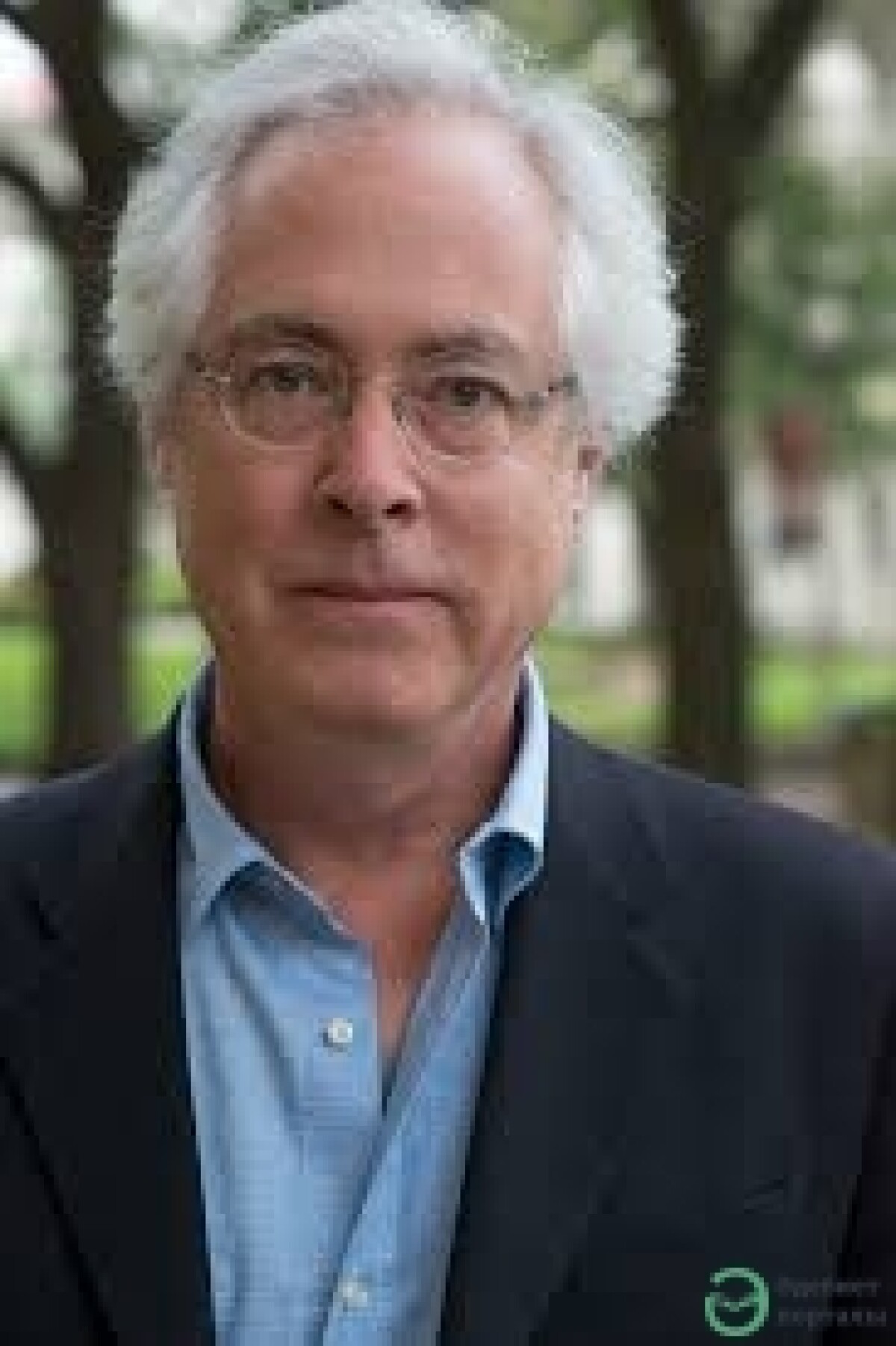Louis Menand
Louis Menand (born January 21, 1952) is an American critic, essayist and professor, best known for his book The Metaphysical Club (2001), an intellectual and cultural history of late 19th and early 20th century America.
Menand was born in Syracuse, New York, and raised around Boston, Massachusetts. His mother, Catherine (Shults) Menand, was a historian, who wrote a biography of Samuel Adams. His father, Louis Menand III, taught political science at the Massachusetts Institute of Technology. His grandfather and great-grandfather owned the Louis Menand House, located in Menands, New York, and listed on the National Register of Historic Places in 1985. The village of Menands is named after his great-grandfather, a 19th-century horticulturalist.
A graduate of Pomona College, Menand attended Harvard Law School for one year (1973–1974) before he left to earn M.A. (1975) and Ph.D. (1980) degrees in English from Columbia University.
He thereafter taught at Princeton University and held staff positions at The New York Review of Books (contributing editor 1994–2001) and The New Republic (associate editor 1986–1987). He has contributed to The New Yorker since 1991 and remains a staff writer. In 1988 he was appointment as Distinguished Professor of English at the Graduate Center of the City University of New York, and in 1990 he was awarded a Guggenheim Fellowship. He left CUNY to accept a post at Harvard in 2003. He has also taught at Columbia, Queens College, the University of Virginia School of Law.
He published his first book Discovering Modernism: T. S. Eliot and His Context, in 1987. His long-anticipated second book, The Metaphysical Club: A Story of Ideas in America (2001), includes detailed biographical material on Oliver Wendell Holmes, Jr., William James, Charles Sanders Peirce, and John Dewey, and documents their roles in the development of the philosophy of pragmatism. It received the 2002 Pulitzer Prize for History, the 2002 Francis Parkman Prize, and The Heartland Prize for Non-Fiction. In 2002 Menand published American Studies, a collection of essays on prominent figures in American culture.
He is the Lee Simpkins Family Professor or Arts and Sciences and the Anne T. and Robert M. Bass Professor of English and American Literature and Language at Harvard University. His principal field of academic interest is 19th and 20th century American cultural history. He teaches literary theory and postwar cultural history at both the graduate and undergraduate level. At Harvard he helped co-found a freshmen course with content in literature and philosophy, Humanities 10: An Introductory Humanities Colloquium. He also served as co-chair on the Task Force on General Education at Harvard working on a new general education curriculum.
He received the National Humanities Medal in 2015.
Source: en.wikipedia.org
Share:









